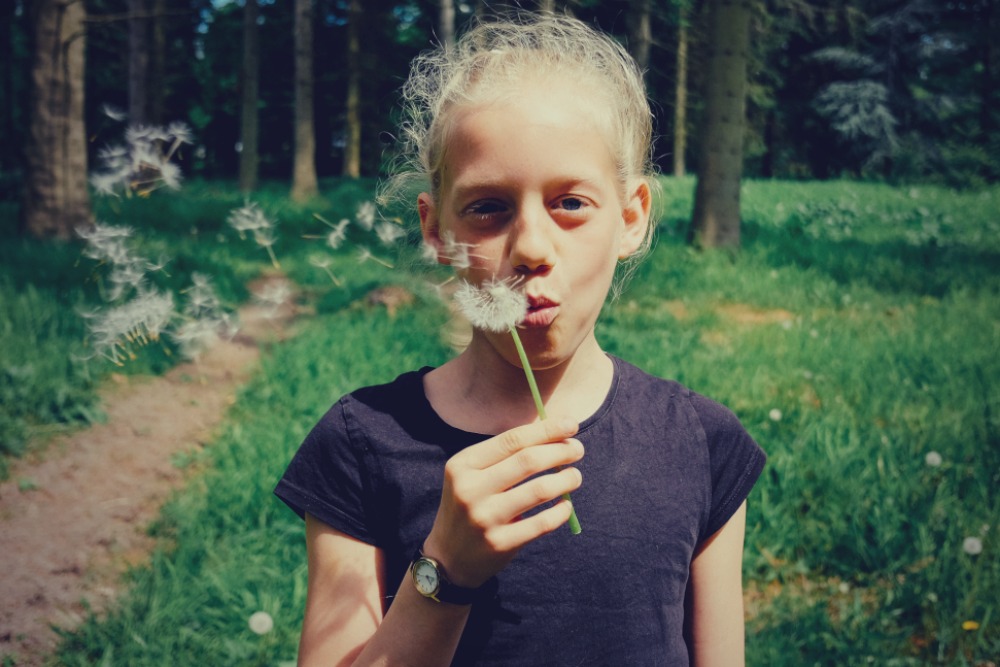Our children are our most prized treasures, and we know that we can take on anything we need to, if it means their well-being and happiness. We invest time and effort into giving them a good home and rearing them well, go the extra mile in giving them guidance, and sometimes reverse-engineer the impossible so we can be there when they need us.
As parents, though, we are also not blind to the fact that we are not the only important people in the lives of our kids. They are their own individuals, and they should be given the freedom to make their own choices. Their friends, for instance, are theirs; there is nothing we can say or do that can effectively drive a rift between our children and the people they associate themselves with. If we force the issue, additionally, we will only succeed at driving a rift between them and us.
Coming to Terms with Peer Pressure
All that said, however, we still worry. Peer pressure is a powerful force that can sometimes shape a person’s life … for the worst. We know, because we’ve been there; we’ve seen how it works, and we have personally experienced its pull.
What we need to realize, though, is that we – as parents – have to come to terms with peer pressure ourselves, so that we can help our children manage it well. Here are a few key things we need to remember about peer pressure:
- It has several forms. According to a professor of psychology at Florida Atlantic University, there are at least two types of peer pressure: implicit and explicit. Explicit refers to the dynamics that result from external sources, while implicit peer pressure is the internalization that children take away from the dynamics. Take for instance, a child who goes to school on his first day sporting clothing that is largely different from that of his or her peers. After a few days at the school, the child tells his or her parents that a change in clothes may be necessary. This could be influenced by the possibility of the odd clothes being made objects of ridicule of the other students (explicit peer pressure), or the child’s own desire to fit in and be just like everybody else (implicit pressure). So when we think about peer pressure, we should remember that it is not only present in the way we have come to associate it with.
- It influences brain development in teens. A study by researchers at Temple University found that peer pressure influences the parts of the brain that are involved in risk and reward. In other words, adolescents are more likely to engage in risky behavior if they are with friends, compared to if they were on their own. As parents, we should take this into consideration, where providing guidance is concerned.
- Our children will be exposed to it. There is no way to protect our children from peer pressure, short of sequestering them from society. We have to be able to accept that we need to let them go and forge their own way. The prospect seems scary, but this freedom is critical to the growth of our children.
Helping Prepare Our Children For Peer Pressure
So with all of that out of the way, let’s get down to it. How do you prepare your child to deal with peer pressure at school?
-
Establish good communication.
A core factor to guiding our kids through the forces that shape them at school is constant, open, and honest communication. As parents, we hold sway over all the other influences that our children are exposed to, and it is important that we let our children know that they can come to us for anything.
You do not have to be an overbearing parent, and you do not need to keep tabs on your children all the time. Just establish a pattern where you take the time to sit down and ask your children about how their day went, or what they did. Be on the lookout for signs that could indicate a problem, whether it’s trivial or not. These conversations should be used as a gauge for how our children are feeling.
In return, encourage your children to ask you questions. Sometimes, it takes getting insights into other perspectives to shape the way our children see the world, and decide things on their own.
-
Instill good values.
It is also recommended to establish a strong foundation for values, and make sure that your household is living up to them. Set down reasonable rules that communicate what is acceptable and what should be avoided, so your children are guided by an intrinsic knowledge of what to do if they find themselves in situations that are not entirely pleasant.
What we inculcate in our children is always the blueprint that they will consult, throughout their lives. As parents, it is our duty to make sure that they know what they should, in order to be healthy and happy individuals. For instance, if our kids know that they should always feel safe and secure, they will be more likely to choose non-threatening friends and situations.
-
Be involved.
Whenever you can, be there. This is different from just holding the usual dinner conversation, and asking your kids questions about their day. Being involved means being a constant presence that they know they can turn to, if they need help.
This means taking the time to go to their functions, finding out about what they like or dislike, and yes, getting to know their friends. These things do not only send out a signal that you are there for countenance and support to your child’s eyes; they also let their friends know that you are there to provide guidance and protection.
Finally, let your love show through in everything that you say and do. Love is the force that gets coded right into our systems, and it leaves a mark that nobody – not even the meanest group of kids at your child’s school – can ever undo.
Sources:
http://www.apa.org/research/action/speaking-of-psychology/peer-pressure.aspx
http://www.funderstanding.com/theory/child-development/peer-pressure-and-the-young-adults-brain/
http://onlinelibrary.wiley.com/doi/10.1111/j.1467-7687.2010.01035.x/full
About the Author: M Pimental 
M is a happily married Filipino mother to three wonderful little daughters, ages: 8 years, 5 years, and 4 months old. Her daily life is a struggle between being the Executive Content Director for Project Female and deciding who gets to watch television next. She specializes in creating and editing content for female empowerment, parenting, beauty, health/nutrition, and lifestyle. As the daughter of two very hardworking people, she was brought up with strict traditional Asian values and yet embraces modern trends like Facebook, vegan cupcakes, and the occasional singing cat video.




I loved this article. I’m writing a blog post about how peer pressure influences teenagers and what YA authors should know about it. Reading this has helped me a lot and has given me a few good ideas. I’ll try to link to it for my readers who want to learn more about the topic. Thank you for sharing! =)